Natural stone is formed over millions of years through geological processes.
The majority of natural stone is made up of minerals such as quartz, feldspar, mica, and calcite, which are compressed and heated by the earth’s crust.
The resulting pressure and heat cause the minerals to recrystallize, creating unique patterns, colors, and textures.
The type of natural stone that is formed depends on the composition of the minerals, as well as the environmental conditions in which they were formed. For example, marble is formed from limestone that is subjected to high heat and pressure, while granite is formed from magma that cools and solidifies slowly over time.
Once the natural stone is formed, it can be quarried from the earth and cut into various shapes and sizes for use in construction, landscaping, and decorative applications.
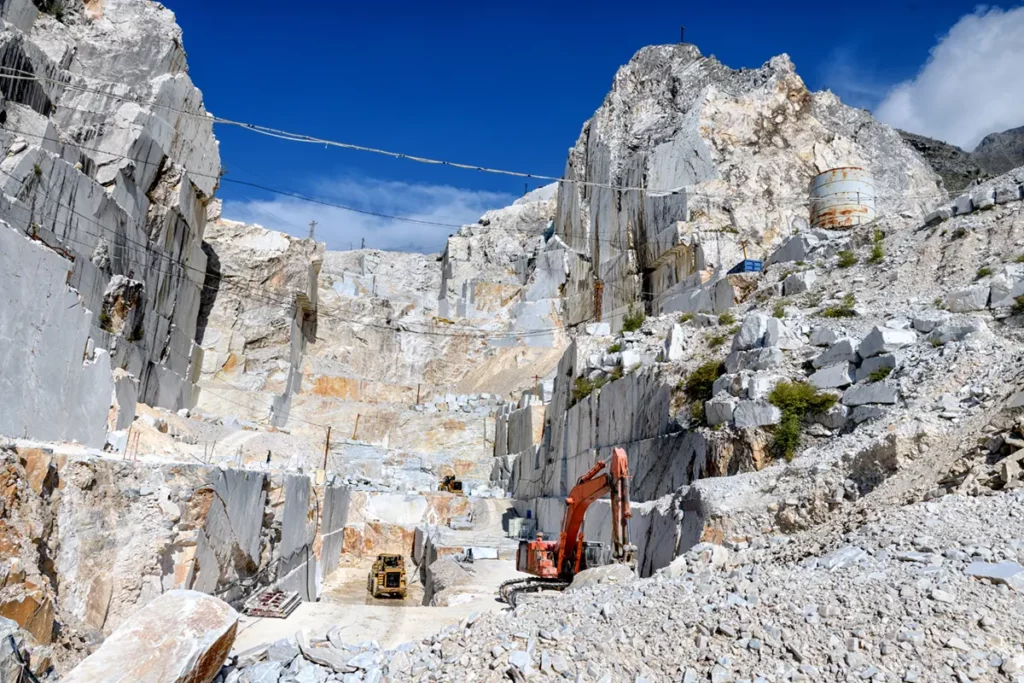
Natural stone is known for its durability, strength, and natural beauty, making it a popular choice for a wide range of applications, from building facades and flooring to sculptures and decorative accents.
Each type of natural stone has its own unique characteristics and properties, such as porosity, hardness, and resistance to scratching or staining. Understanding these characteristics can help you select the right type of natural stone for your project and ensure its longevity and durability over time.
What is the most durable stone?
The durability of natural stone depends on several factors, including its mineral composition, density, and porosity.
Anyway, granite is one of the most durable natural stones available and is commonly used in high-traffic areas such as kitchen countertops, flooring, and commercial buildings.
It is a type of igneous rock that is formed from the slow crystallization of magma deep within the earth’s crust, which gives it a dense and hard composition.
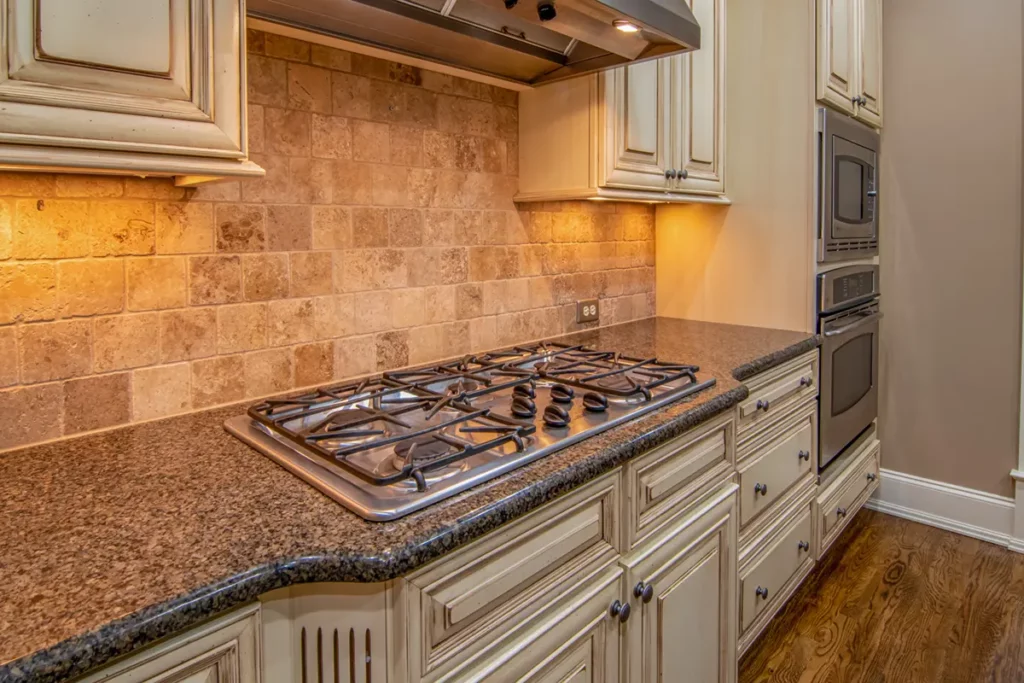
Granite is known for its resistance to scratches, heat, and stains, which makes it an ideal choice for applications where durability is a top priority. It is also resistant to moisture, which makes it a popular choice for outdoor applications such as paving stones, curbs, and monuments.
While granite is very durable, it’s important to note that there are other natural stones that can be equally or even more durable depending on the specific application and the stone’s quality.
Some examples of other durable natural stones include quartzite, basalt, and gabbro.
Sealing can enhance the durability of natural stone
Sealing natural stone can help prevent liquids and stains from penetrating into the pores of the stone, which can cause discoloration and other types of damage. Make sure to choose a high-quality sealer that is specifically designed for your type of natural stone, and follow the manufacturer’s instructions carefully for application and maintenance.
What is sealing
Sealing refers to the process of applying a protective coating to the surface of a material.
In the case of natural stone, sealers are typically applied to the surface of the stone to help prevent liquids, dirt, and other substances from penetrating into the pores of the stone, which can cause stains and discoloration over time.
Sealers can be either penetrating or topical. Penetrating sealers are absorbed into the pores of the stone, filling them up and creating a protective barrier that repels liquids and stains. Topical sealers, on the other hand, sit on top of the surface of the stone, creating a protective layer that can be easily cleaned and maintained.
The type of sealer used will depend on the type of natural stone and the specific needs of the installation. It’s important to choose a high-quality sealer that is specifically designed for your type of natural stone, and to follow the manufacturer’s instructions carefully to ensure proper application and maximum effectiveness.
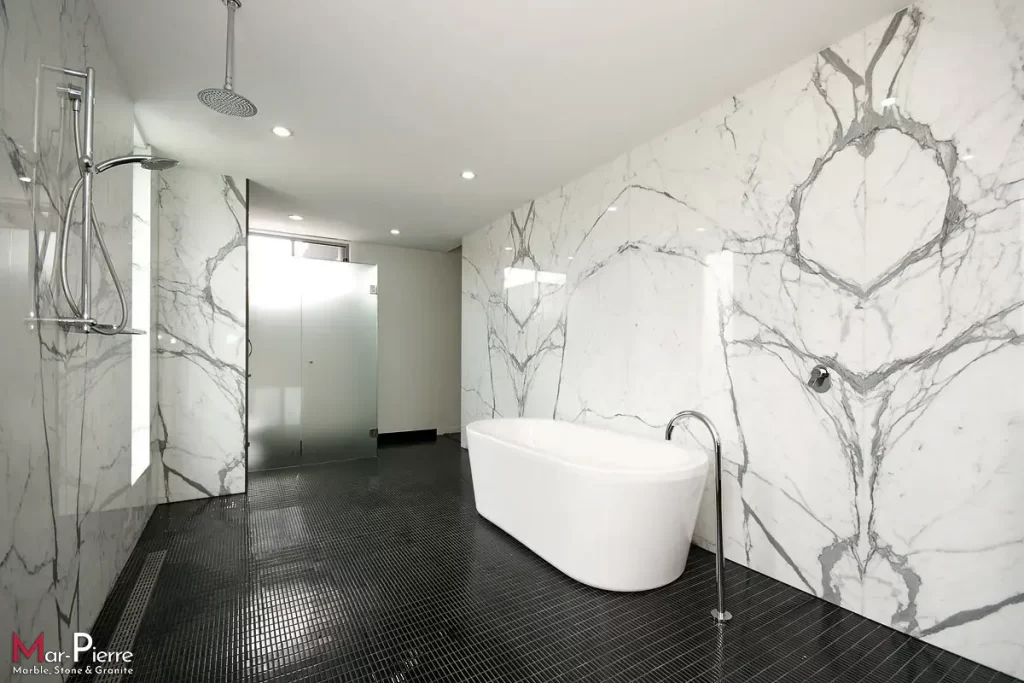
When to seal natural stone tiles
The frequency with which you should seal your natural stone tiles depends on several factors, including the type of stone, its porosity, and the level of use and exposure it experiences.
As a general rule of thumb, it’s recommended to seal natural stone tiles at least once a year, or as needed depending on the level of use and exposure. However, some types of natural stone, such as granite, may only need to be sealed every 3-5 years, while more porous stones like marble or limestone may need to be sealed more frequently, such as every 6-12 months.
Properly sealed natural stone tiles can help maintain their beauty and durability over time.

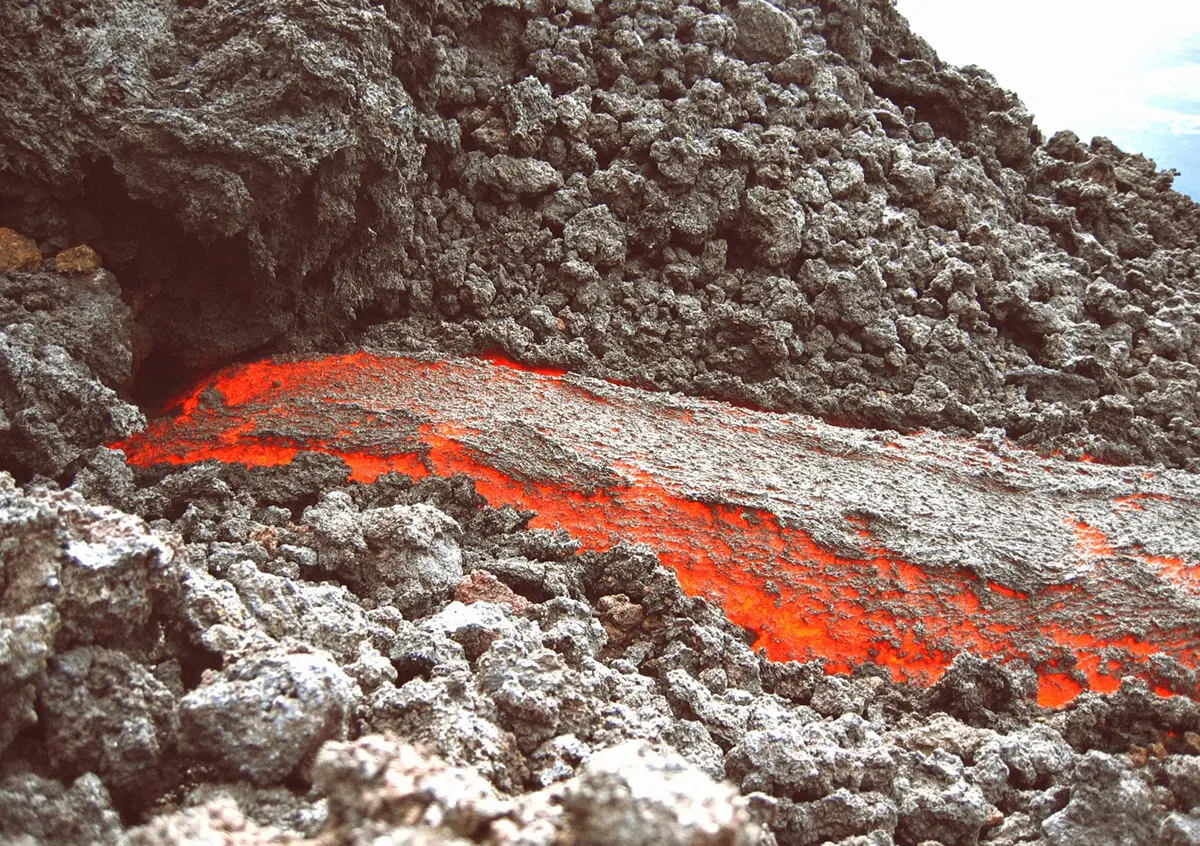

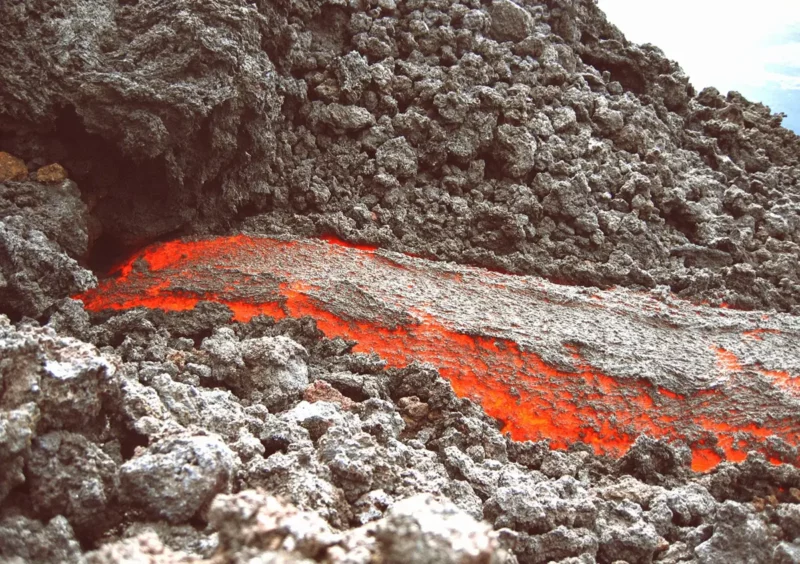
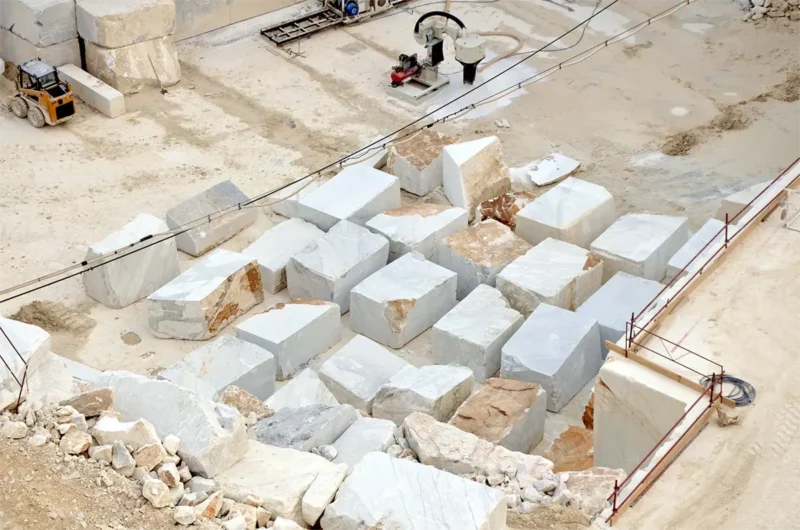
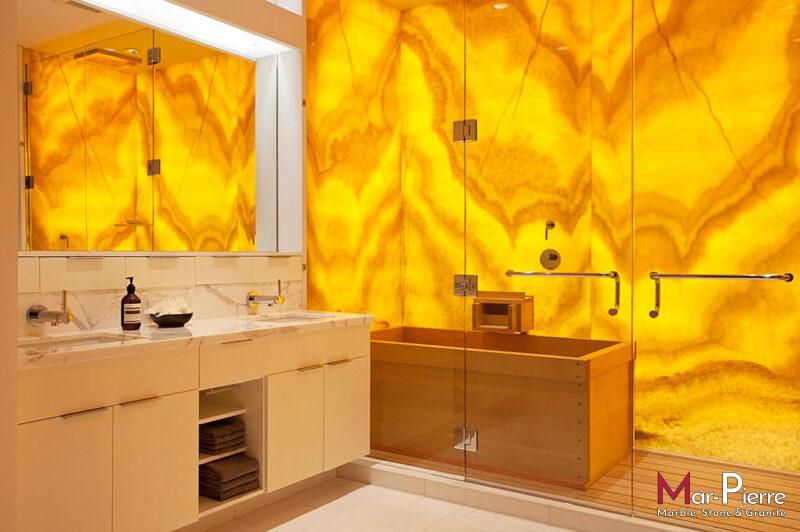
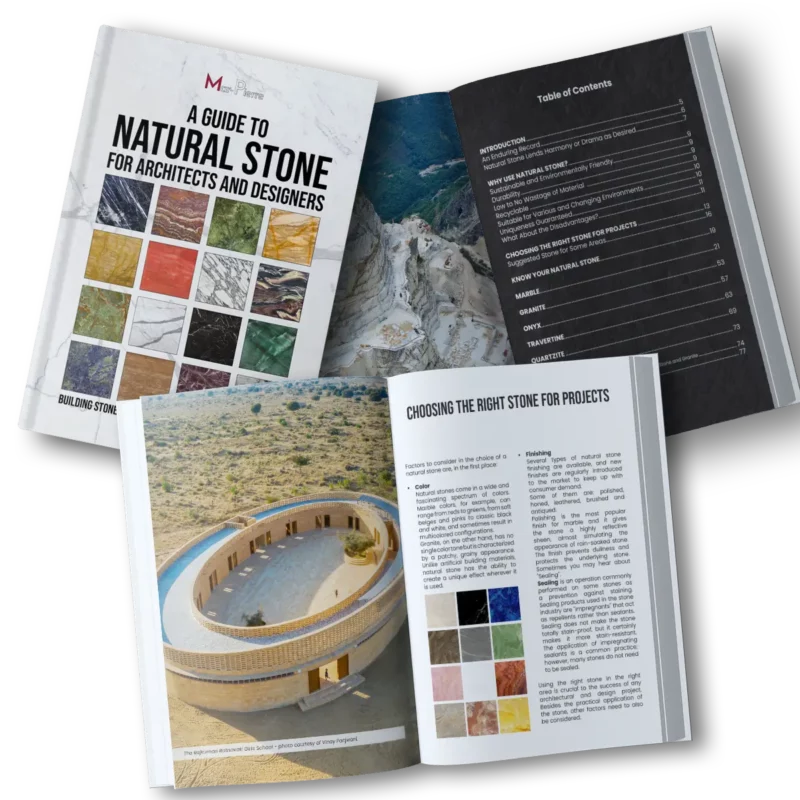
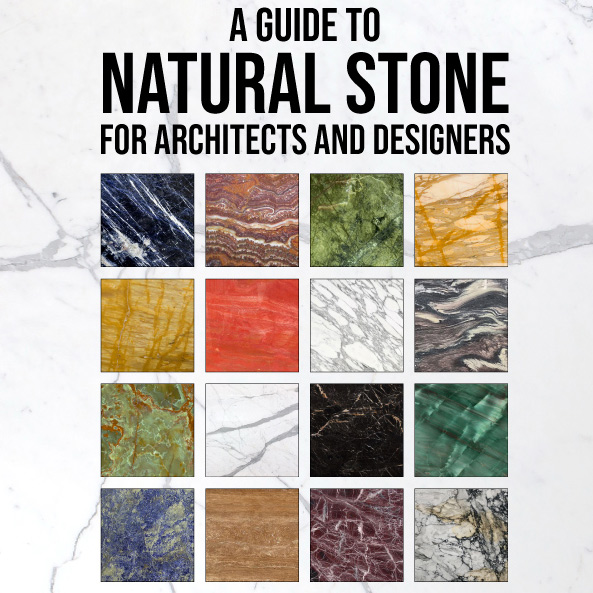

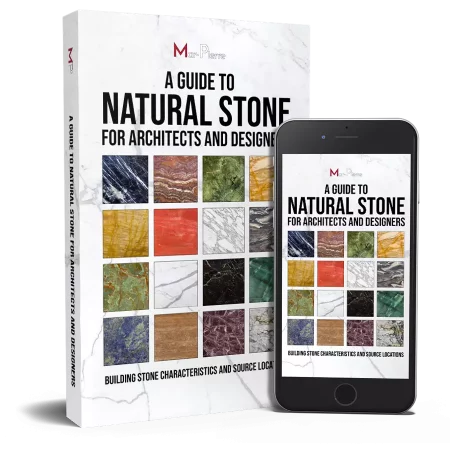
You are currently viewing a placeholder content from Facebook. To access the actual content, click the button below. Please note that doing so will share data with third-party providers.
More Information